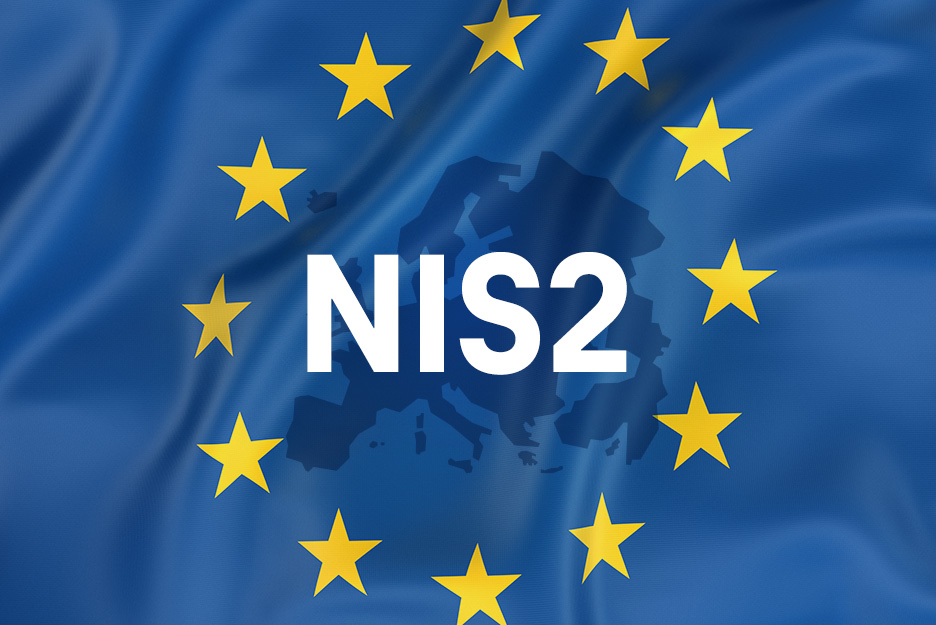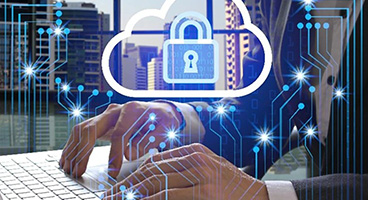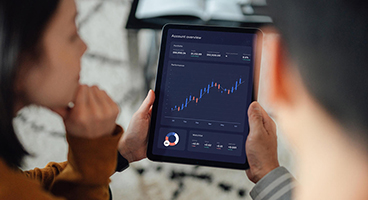In this article you will read,
- why companies need to address the European security directive NIS2 now,
- how the cloud can simplify compliance with NIS2 requirements
- and why, with the Open Telekom Cloud, you don’t need to worry about NIS2 or other security-related regulations.
Since November 13, 2025, the implementation of the European NIS2 Directive on network and information security (“cyber resilience”) has been a done deal in Germany. The Bundestag has adopted the corresponding draft law submitted by the federal government. This also establishes key principles of information security management within the federal administration.
NIS2 aims to enhance the overall level of cybersecurity across the EU, extending its requirements to more companies and organizations in critical sectors. Many more businesses will now be classified as “critical,” compared to previous definitions like those under the Federal Government’s CRITIS Regulation. Companies newly designated as critical should act immediately.



